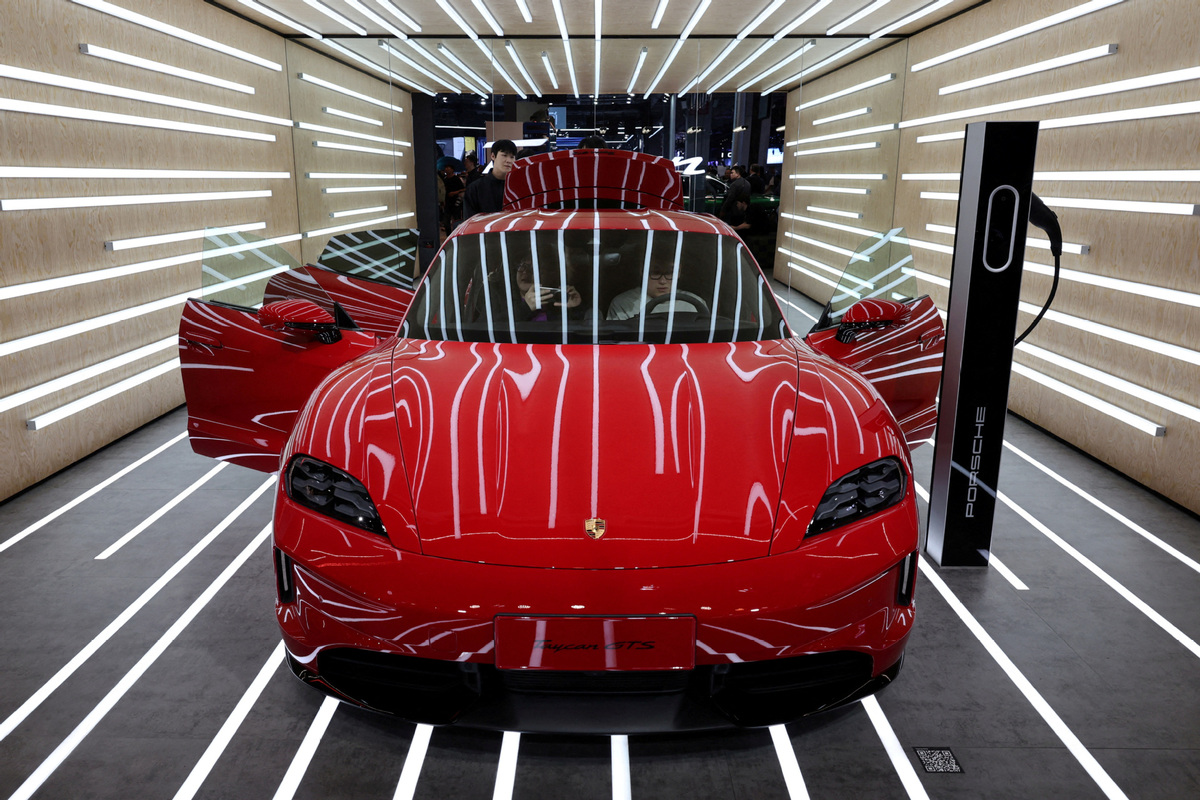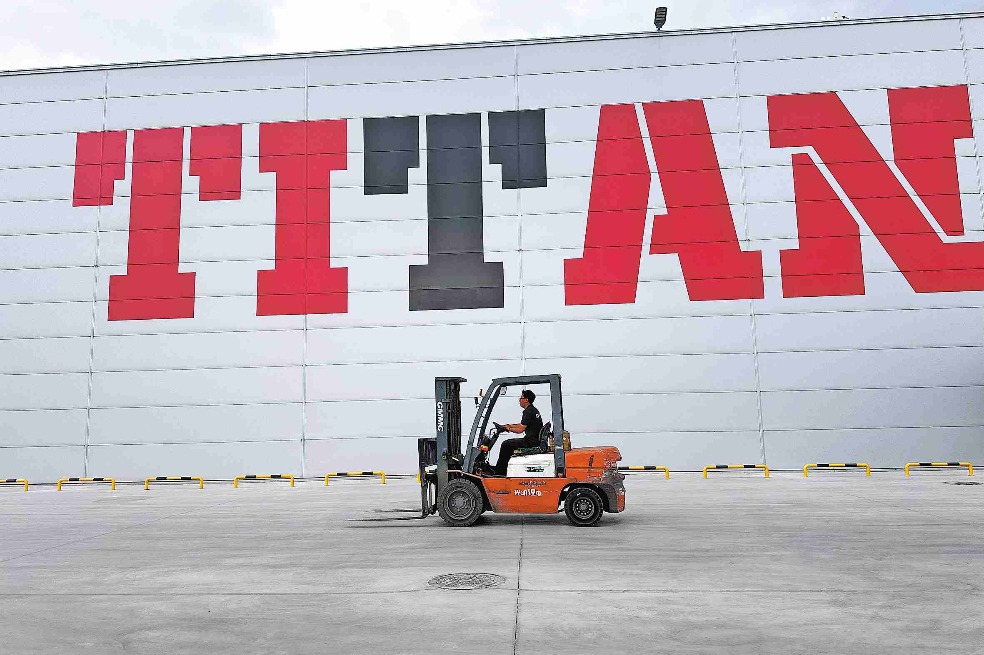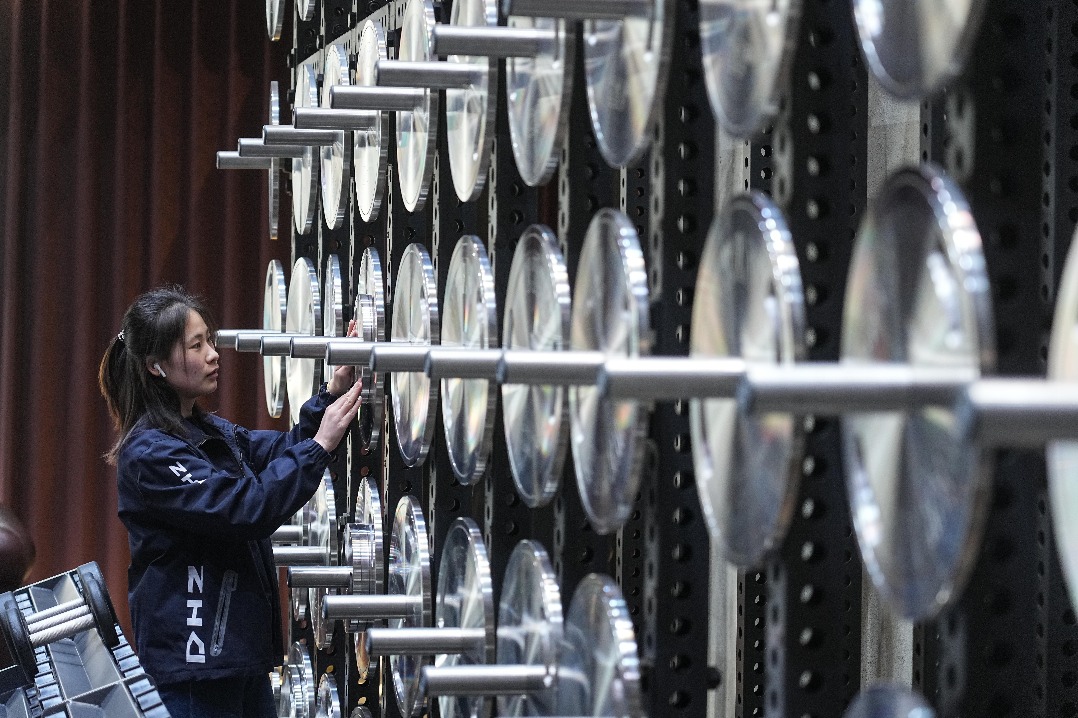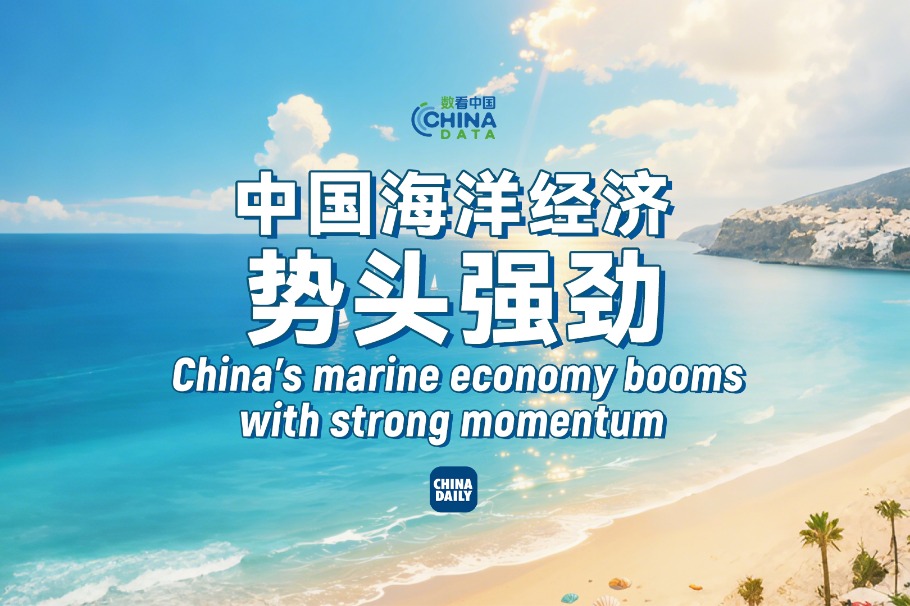Prices go up as US tariffs hammer auto industry


European luxury carmakers including Porsche and Aston Martin have surged ahead with US price hikes, which could point the way for bigger brands to follow in their wake as companies pass on the cost of tariffs.
The United States and Europe reached a trade deal that will see EU-made cars hit with a 15 percent tariff from August, lower than once threatened but far higher than the 2.5 percent rate before US President Donald Trump launched his trade offensive this year.
On Wednesday, Volkswagen's luxury brand Porsche said it had raised US prices by between 2.3 percent and 3.6 percent in July, with no plans for now to establish US production — a move that would let it avoid the levies.
"This is not a storm that will pass," Porsche CEO Oliver Blume said after the company cut its full-year profit target and flagged a $462 million hit from tariffs in the first half. "We continue to face significant challenges around the world."
US tariffs have pummeled global automakers, forcing companies such as GM, Volkswagen, Hyundai and Mercedes-Benz to book billions of dollars of losses, issue profit warnings, slash forecasts, and raise prices.
Ford Motor, which produces around 80 percent of the vehicles it sells in the US domestically, said on Wednesday that second-quarter results took an $800 million hit from tariffs and higher US levies would likely result in greater-than-expected annual costs.
Japanese carmaker Nissan reported a $535 million quarterly loss on Wednesday, affected by US tariffs, restructuring, and lower sales volumes.
British sports carmaker Aston Martin said it had made incremental price increases in the US since July, issuing a profit warning based on the US tariffs and suppressed Asian demand.
While bigger carmakers have so far held off, other sectors have seen price hikes as companies have looked to pass on the additional cost of tariffs. Analysts said larger carmakers could take similar steps in the second half of the year.
"Into H2, we are looking to gain additional visibility with regards to the ability of Mercedes-Benz and the rest of the premium OEMs to increase prices in the US in order to offset the impact of tariffs," J.P. Morgan said in a note.
European carmakers are also getting less optimistic that they could seal extra sector-specific tariff reductions, resigned to dealing with the 15 percent rate.
Mercedes CEO Ola Kaellenius told analysts on Wednesday that the group was assuming tariffs would remain at 15 percent, throwing cold water on hopes companies may be able to negotiate individual deals.
"For all intents and purposes, that global deal for now is it," said Kaellenius, also president of Europe's car lobby ACEA. Any side deals were "very uncertain", he added.
Volkswagen had said it was hoping investment commitments could help it negotiate lower US tariffs. But Porsche CEO Blume, also head of Volkswagen, suggested there would not be a separate US deal for the automotive sector. "I agree with Ola Kaellenius' assessment that there will not be a separate automotive deal," Blume said.
REUTERS




































